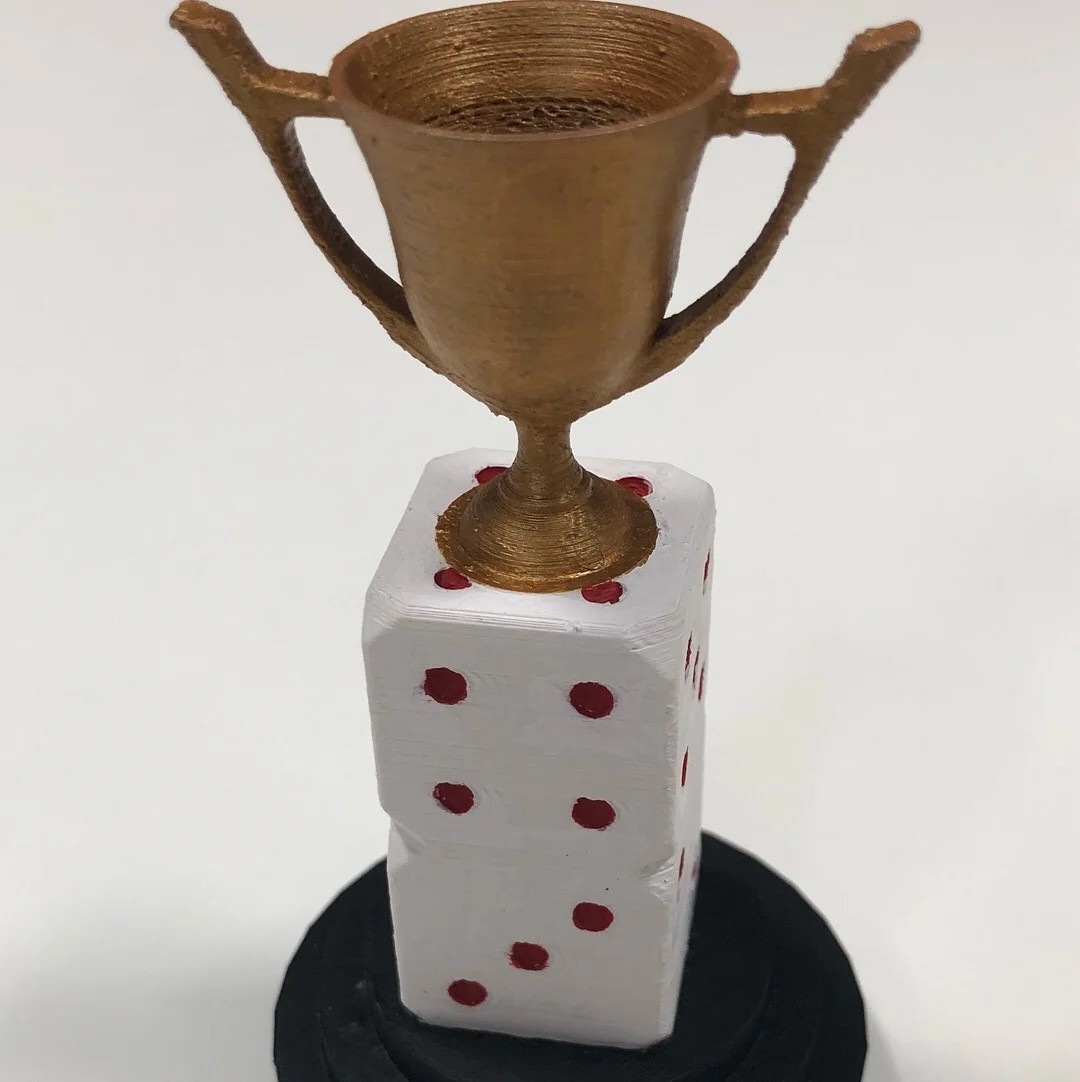Tips for New Dungeon Masters
The question that crops up most in forums and Facebook groups is some variation of: 'First time DM here, any tips?' I'll give you a few of the simple ones and then break it down in later Sunday School articles.
1. Read the Manual.
Simple and effective. If you are confident in your knowledge your group will follow you anywhere.
2. Run a pre-built adventure.
The best advice I could give you is to run a published adventure, they contain everything you need to run a balanced adventure that has been playtested. It will teach your players how to play and teach you how to build dungeons and plot hooks. A new DM's job is hard enough with learning all of the rules without learning how to design encounters, draw maps etc.
3. Prepare your materials ahead of time.
I learned this the hard way in The Sunless Citadel. Draw out the maps so you have an idea of the scale of the dungeon. If there is a decision fork for the group, prepare both outcomes. Minis, terrain, props and the like are all well and good but if the fundamentals aren't right you've wasted a lot of time and effort and you'll all feel bad.
4. Describe the surroundings.
A rich description of the players' surroundings helps the immersion and kick starts role playing. Knowing what time of year it is roughly gives you seasonal information to sprinkle into the campaign. In a descriptive monologue give your players what they see but also what they hear and/or smell. E.G: As you enter the forest the light dims under the patchy green canopy. Your feet crack the discarded branches on the hunter's trail, the scent of pine hits your nostrils and in the dappled light you see a...
5. Be quiet.
The thing that annoys me most about certain DMs is their talking over or joining in with the players in jokes and discussions at the table during the game. The DM's role is to adjudicate rules, answer questions posed to them in applicable situations and play the Non-Player Characters. The silence should be filled by the Players until a stimulus or game mechanic overrides the players. Everytime you talk it is another opportunity for them to realise they are playing a game so choose your interjections carefully.
6. Make Notes
Keep notes on the decisions you have made during the session. I keep notes on NPCs, the voices/accents I've used and if they have a positive or negative interaction/opinion of the Player Characters. This means you can deliver a consistent experience within the story.
These are by no means a complete list but they are very important. I hope these are helpful to you and happy rolling!













